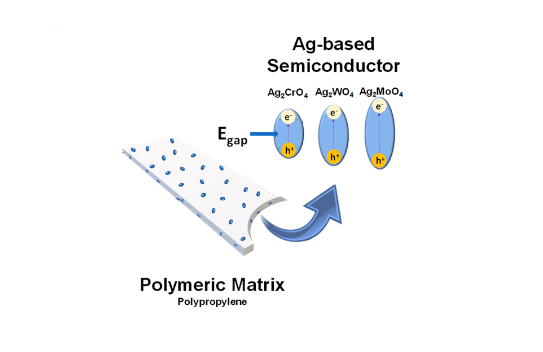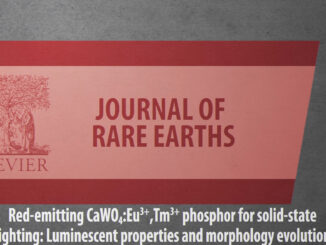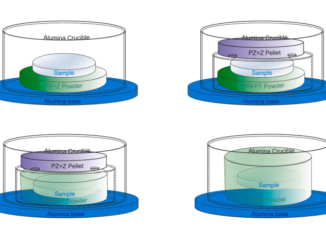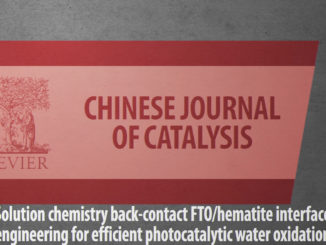
Polypropylene Modified with Ag-Based Semiconductors as a Potential Material against SARS-CoV-2 and Other Pathogens
Abstract: The worldwide outbreak of the coronavirus pandemic (COVID-19) and other emerging infections are difficult and sometimes impossible to treat, making them one of the major public health problems of our time. It is noteworthy that Ag-based semiconductors can help orchestrate several strategies to fight this serious societal issue. In this work, we present the synthesis of α-Ag2WO4, β-Ag2MoO4, and Ag2CrO4 and their immobilization in polypropylene in the amounts of 0.5, 1.0, and 3.0 wt %, respectively. The antimicrobial activity of the composites was investigated against the Gram-negative bacterium Escherichia coli, the Gram-positive bacterium Staphylococcus aureus, and the fungus Candida albicans. The best antimicrobial efficiency was achieved by the composite with α-Ag2WO4, which completely eliminated the microorganisms in up to 4 h of exposure. The composites were also tested for the inhibition of SARS-CoV-2 virus, showing antiviral efficiency higher than 98% in just 10 min. Additionally, we evaluated the stability of the antimicrobial activity, resulting in constant inhibition, even after material aging. The antimicrobial activity of the compounds was attributed to the production of reactive oxygen species by the semiconductors, which can induce high local oxidative stress, causing the death of these microorganisms.
Author(s): Assis, Marcelo ; Ribeiro, L.K.; Gonçalves, M.O.; Staffa, L.H.; Paiva, R.S.; Lima, L.R.; Coelho, D.; Almeida, L.F.; Moraes, L.N.; Rosa, I.L.V.; Mascaro, L.H.; Grotto, R.M.T.; Sousa, C.P.; Andrés, J.; Longo, E.; Cruz, S.A.
ACS Appl. Polym. Mater.
Published: September 16, 2022
DOI: https://doi.org/10.1021/acsapm.2c00744
CDMF
The CDMF, hosted at the Federal University of São Carlos (UFSCar), is one of the Research, Innovation and Dissemination Centers (RIDC) supported by the São Paulo State Research Support Foundation (Fapesp), and also receives investment from the National Council Scientific and Technological Development (CNPq), from the National Institute of Science and Technology of Materials in Nanotechnology (INCTMN).




